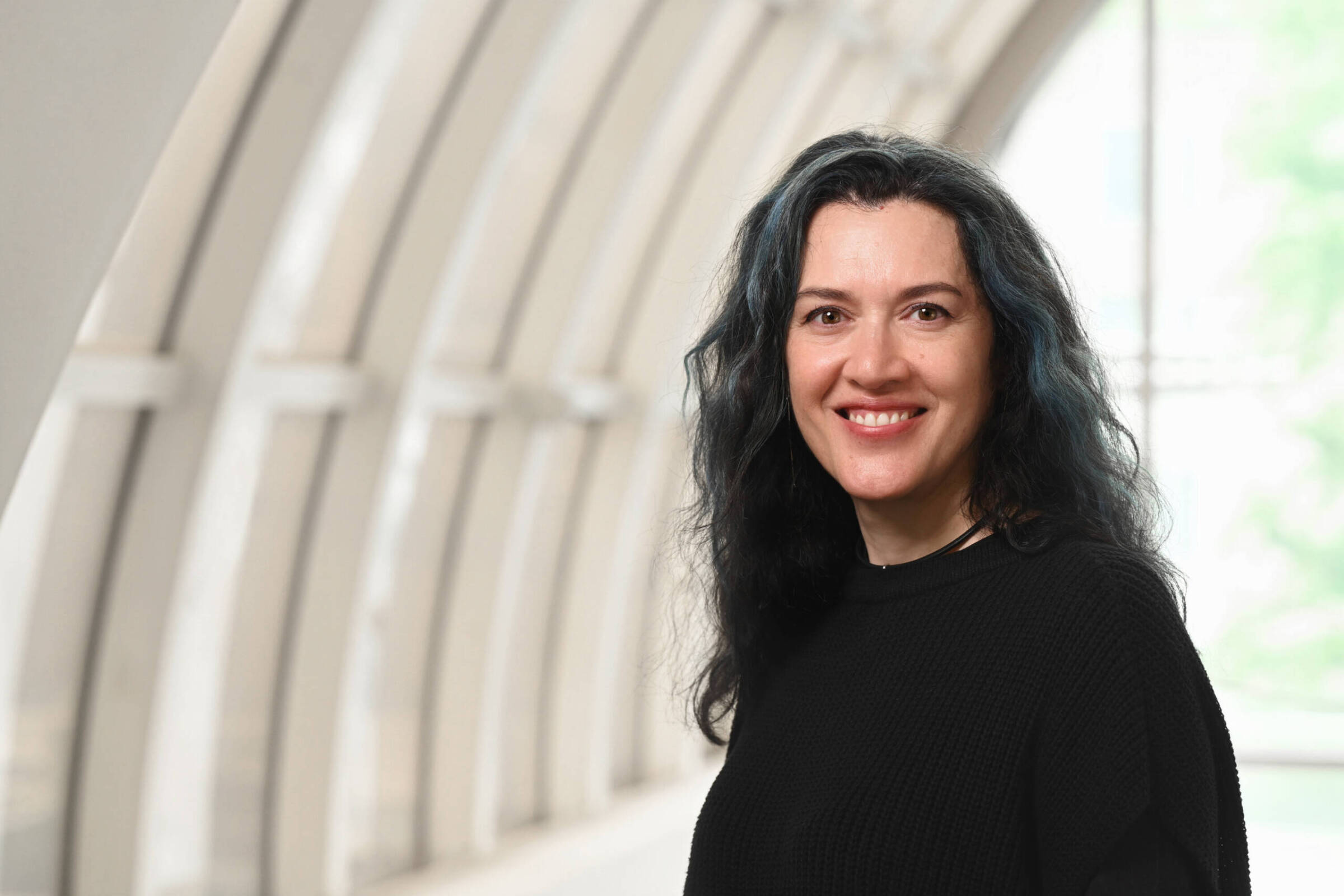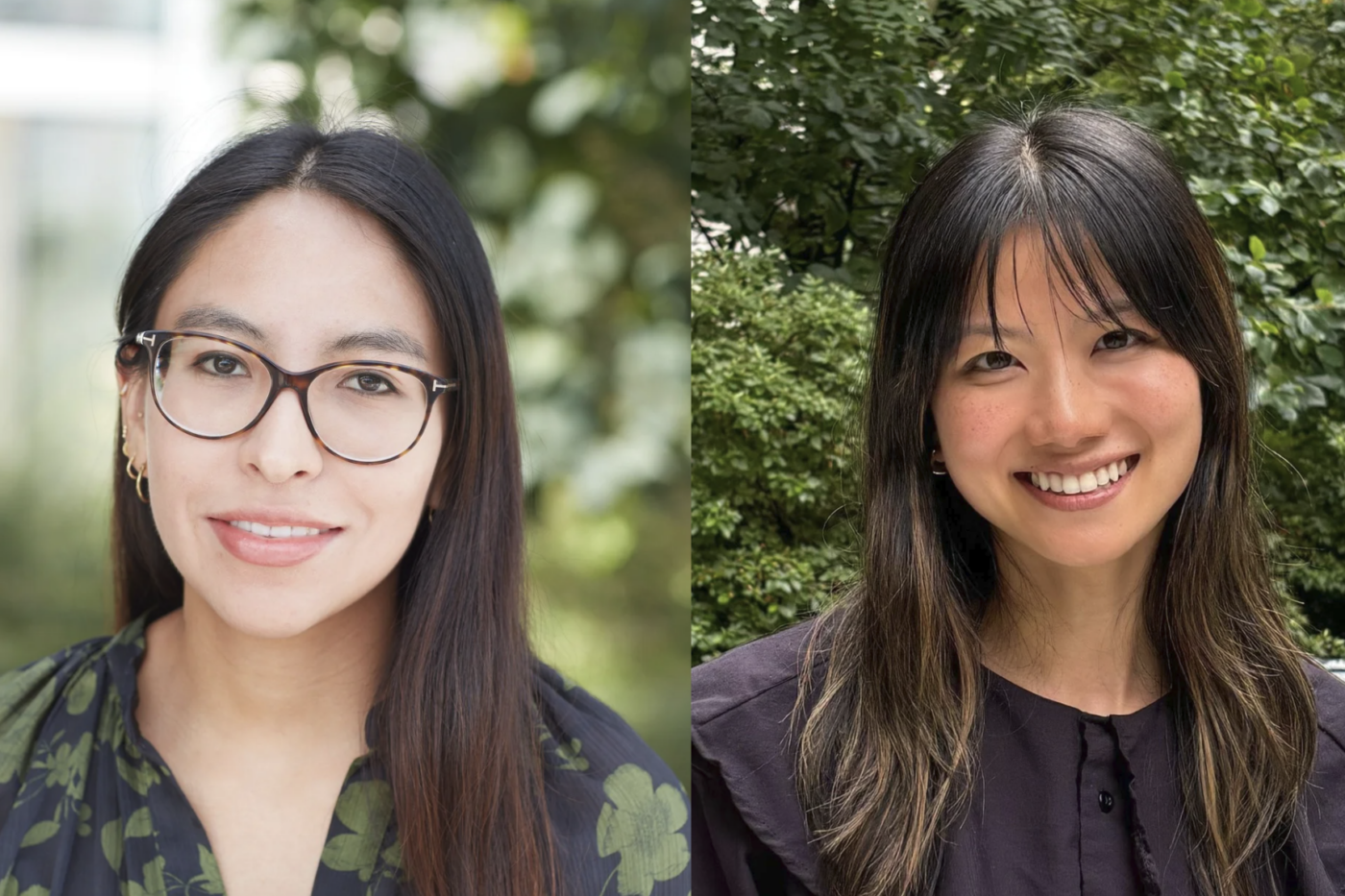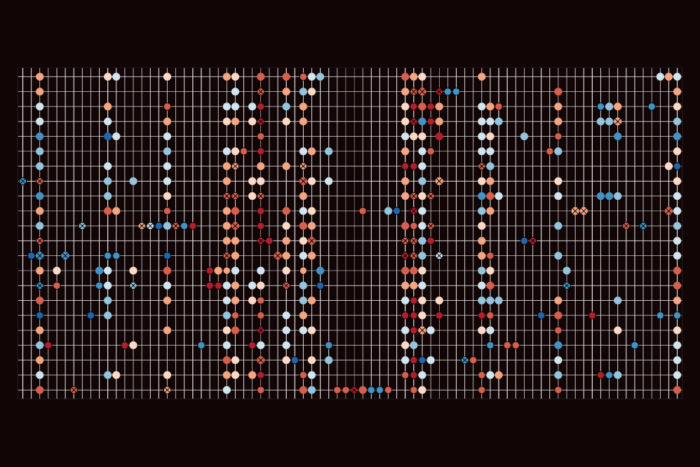Cori Bargmann wins 2009 Lounsbery Award
Cori Bargmann, head of Rockefeller University’s Laboratory of Neural Circuits and Behavior, is the recipient of this year’s Richard Lounsbery Award from the National Academy of Sciences. The award, which was announced on Wednesday, is in recognition of Bargmann’s successful use of molecular and classical genetics to probe the individual nerve cell basis of behavior in the nematode Caenorhabditis elegans.
Bargmann, who is Torsten N. Wiesel Professor and associate director of the Shelby White and Leon Levy Center for Mind, Brain and Behavior at Rockefeller, studies how C. elegans’s neural circuits develop, identifies the genes and neural pathways for its actions and investigates how sensory inputs regulate those circuits. Bargmann is also a Howard Hughes Medical Institute investigator and a member of the National Academy of Sciences and the American Academy of Arts and Sciences. In addition to the Lounsbery Award, she has received a Dargut and Milena Kemali International Prize for Research in the Field of Basic and Clinical Neurosciences, a Charles Judson Herrick Award for comparative neurology, a Takasago Award for olfaction research and a W. Alden Spencer Award for neuroscience research, among numerous other honors.
Established in 1979 by Vera Lounsbery in memory of her husband and supported by the Richard Lounsbery Foundation, the Lounsbery Award exists to encourage reciprocal scientific exchanges between the United States and France. It is presented in alternate years to young French and American scientists in recognition of extraordinary scientific achievement in biology or medicine. Bargmann’s award includes $50,000 and additional funds to visit a laboratory or research institute in France. Past recipients of the Lounsbery Award include Rockefeller University’s Günter Blobel, Jean-Laurent Casanova and Elaine Fuchs.
“Cori’s work on neural circuits and behavior has already taught us much about how the biology of the brain influences an animal’s decisions,” says Paul Nurse, the university’s president. “It is very gratifying to see her research recognized with this important award.”


